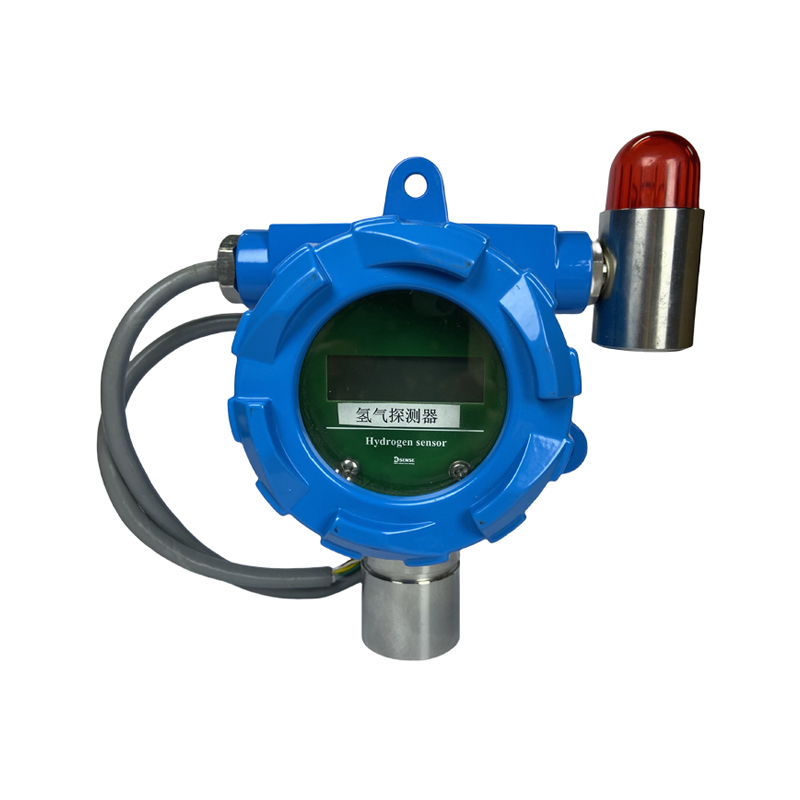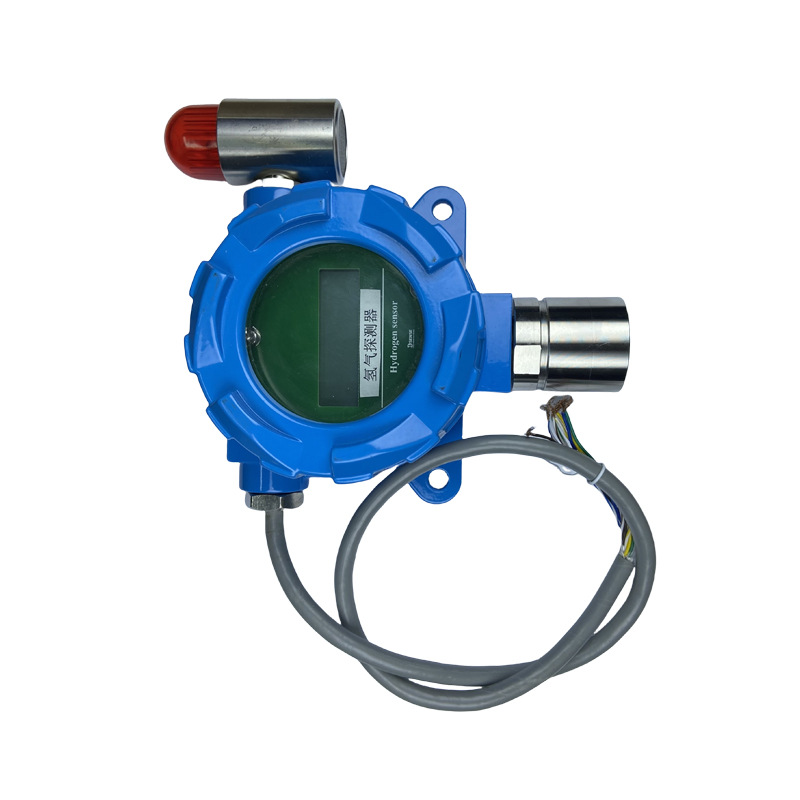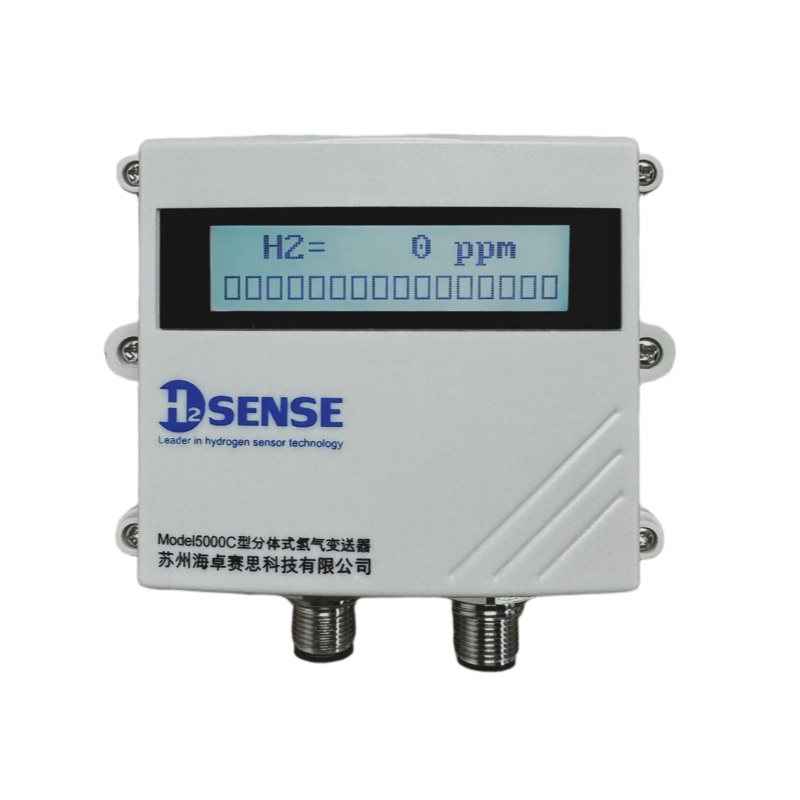Summarize
A hydrogen analyzer is a vital tool used to measure the concentration of hydrogen gas in various environments. Whether used in industrial processes, laboratories, or safety monitoring, provide accurate and real-time data to ensure that hydrogen gas levels remain within safe and efficient limits. This blog will explore what a hydrogen analyzer is, how it works, and why selecting the right hydrogen analyzer supplier is critical to ensuring reliable and precise performance.


How Does a Hydrogen Analyzer Work?
A hydrogen analyzer is a device designed to measure the concentration of hydrogen gas in various environments. It typically uses a sensor that reacts with hydrogen molecules to produce an electrical signal proportional to the gas level. There are different types of sensors used, such as electrochemical, catalytic bead, and thermal conductivity sensors, each offering specific advantages depending on the application.
Types of Hydrogen Analyzers
There are several types of hydrogen analyzers, each suited for different applications. The most common types include:
1. Electrochemical Hydrogen Analyzers
Electrochemical sensors are widely used due to their sensitivity and reliability. These analyzers work by measuring the electrical current generated by a chemical reaction between hydrogen and the sensor's electrode. The resulting current is directly proportional to the hydrogen concentration, making it ideal for real-time monitoring.
2. Catalytic Bead Hydrogen Analyzers
Catalytic bead sensors are another popular choice for hydrogen analysis. These sensors use a heated bead coated with a catalyst that reacts with hydrogen molecules, producing heat. The temperature change is then measured, providing an indication of hydrogen concentration. These analyzers are suitable for harsh environments where high temperature and pressure are present.
3. Thermal Conductivity Hydrogen Analyzers
Thermal conductivity analyzers work by measuring the thermal conductivity of the gas sample. Since hydrogen has a high thermal conductivity compared to other gases, these sensors can accurately determine hydrogen concentration. This type of analyzer is often used for high-precision measurements in laboratories or in industries where purity is critical.
Why Choose a Reliable Hydrogen Analyzer Supplier?
When selecting a hydrogen analyzer supplier, it's important to consider the accuracy, durability, and ease of integration of the analyzer. A reliable supplier will offer products that are designed for long-term use, ensuring that they can withstand the demands of industrial or laboratory environments.
1. Accurate Measurements
The primary function of a hydrogen analyzer is to provide accurate measurements. Inaccurate readings can lead to inefficient operations, safety risks, or costly mistakes. A reliable hydrogen analyzer supplier ensures that their products meet high standards for precision and are calibrated to provide consistent results.
2. Customization Options
Different industries and applications require specific types of analyzers. A reputable hydrogen analyzer supplier offers customization options to meet the unique needs of their clients. Whether it's a specialized sensor for a particular environment or a unique measurement range, a quality supplier can provide tailored solutions that maximize performance.
3. Long-Term Support and Maintenance
Choosing the right hydrogen analyzer supplier also means ensuring long-term support and maintenance. Quality suppliers offer ongoing service, including calibration, repair, and troubleshooting, which extends the lifespan of the analyzer and ensures optimal performance. This support is essential for maintaining the accuracy and reliability of the analyzer throughout its operational life.
Applications of Hydrogen Analyzers
Hydrogen analyzers are versatile instruments used in various industries for different purposes:
1. Hydrogen Production
In hydrogen production, whether from natural gas reforming or water electrolysis, monitoring hydrogen concentration is essential to ensure that the production process is running efficiently. Hydrogen analyzers help to maintain optimal gas purity, preventing contamination that could affect the quality of the hydrogen produced.
2. Fuel Cells
In fuel cell technology, hydrogen analyzers are used to monitor the hydrogen gas supplied to the cell. Maintaining the proper hydrogen concentration is critical to ensure the fuel cell operates efficiently and without damage. A hydrogen analyzer helps verify the purity of hydrogen, which directly impacts the performance and lifespan of the fuel cell.
3. Chemical Manufacturing
In chemical manufacturing, particularly in processes that involve hydrogenation (such as producing vegetable oils), hydrogen analyzers help maintain the correct hydrogen concentration. These analyzers are used to monitor gas levels and ensure the process remains safe and efficient.
4. Safety Monitoring
Hydrogen analyzers are essential for safety monitoring in industries where hydrogen is present, such as in laboratories, storage facilities, or manufacturing plants. By continuously monitoring hydrogen levels, these devices ensure that hydrogen concentrations stay within safe limits, reducing the risk of explosion or leaks.
Conclusion
A hydrogen analyzer is a critical tool in industries where hydrogen is used or produced. From monitoring hydrogen purity in fuel cells to ensuring safe hydrogen levels in chemical manufacturing, provide accurate, real-time data that improves efficiency and ensures safety. When choosing a hydrogen analyzer supplier, reliability, accuracy, and long-term support are essential factors that guarantee optimal performance. H2SENSE provides advanced hydrogen analyzers designed for various applications, offering high precision, customization options, and reliable support to meet your specific needs.










